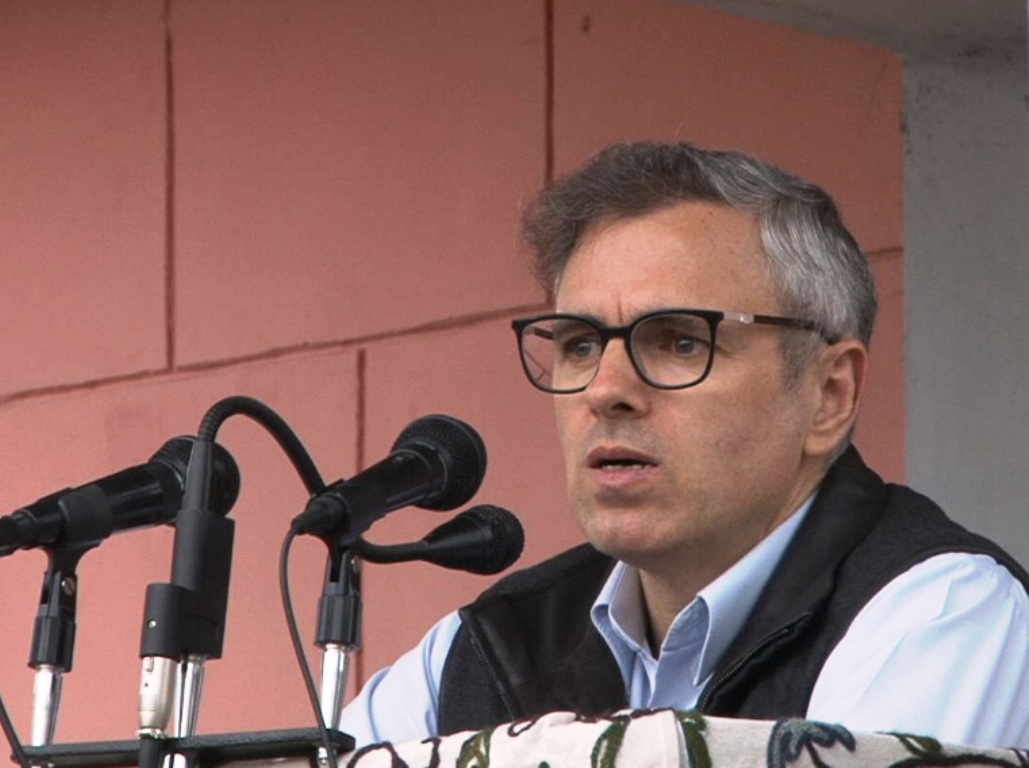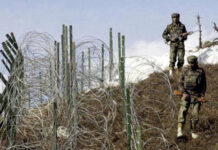Though Kashmir and Sudan are thousands of miles apart, the developments in North African country have found resonance in South Asia. Iftikhar Gilani reports.
Voters in Christian dominated south Sudan have overwhelmingly opted to carve out the world’s newest 193rd state from the north African Muslim country after the landmark week-long referendum repudiating theoriesthat right to self-determination, redrawing of boundaries orsecessionism has lost relevance in the 21st century. Despite world refusing to draw parallels between these regions and Kashmir, the events have put Indian diplomats in a predicament, who over the years for the sake of argument have been describing self-determination an idea relevant only till 1960s, to fight against colonialism.
It is not only the referendum, which has put India in a dilemma, but its substantial investments in Sudan’s energy sector, mainly in the South have come to a cropper.
ONGC Videsh Ltd (OVL) has invested around $2.5 million in acquiring exploration and production assets in Sudan’s oil sector. OVL’s blocks in Sudan give it approximately 2.4 million tons of crude oil annually. At present the cumulative Indian investment and loans to Sudan are estimated at over US$ 3 billion.
Apart from energy India has also been involved in the sugar industry, thermal power sector and revamping the railways. It appears that over 50 Indian companies including Reliance, Kirloskars, Tatas, Mohan Exports, Angelique International Ltd., Mahindras and L&T are doing business in Sudan.
The referendum commission’s chairman, Mohammed Ibrahim Khalil, an elder statesman who served as Sudanese foreign minister in the 1960s, hailed the most peaceful election he had ever seen in Sudan. A senior official of Sudanese President Omar al-Bashir’s National Congress Party said the north’s ruling party would accept the outcome of the vote even if it was for partition of Africa’s largest nation.
South Sudan’s president has urged his people to forgive the Muslim north for a devastating 1983-2005 war, as partial results trickling in on Sunday from a landmark vote showed overwhelming support for secession.
Muslim north had used military against secession in order to keep the country united. In his first public pronouncement since the referendum wrapped up in the mainly Christian region on Saturday, president Salva Kiir joined thousands of faithful in giving thanks for the week-long referendum and praying for their nation-in-waiting.
 Speaking from the pulpit of Saint Theresa Roman Catholic cathedral in the regional capital Juba, Kiir said: For our deceased brothers and sisters, particularly those who have fallen during the time of struggle, may God bless them with eternal peace. And may we, like Jesus Christ on the cross, forgive those who have forcefully caused their deaths.
Speaking from the pulpit of Saint Theresa Roman Catholic cathedral in the regional capital Juba, Kiir said: For our deceased brothers and sisters, particularly those who have fallen during the time of struggle, may God bless them with eternal peace. And may we, like Jesus Christ on the cross, forgive those who have forcefully caused their deaths.
An estimated two million people died in the 22-year civil war, the latest round in five decades of conflict between the south and the mainly Arab north that has blighted Africa’s largest nation. The week-long independence vote was the centrepiece of the 2005 peace agreement that ended the war.
To India’s advantage world may refuse to draw parallels between Kashmir and Sudan as US State Department did a decade ago, while carving out the Christian state of East Timor from Muslim Indonesia. A UN sponsored referendum granted freedom to the East Asian country in 1999.
After Portugal’s decolonization in 1975, East Timor initially became an independent nation. Shortly after independence, it was invaded and occupied by the Indonesian military. After more than two decades of occupation, Indonesia agreed to hold the referendum to determine whether East Timor would be given special autonomy or become a fully independent state.
After voting for independence, Timor Leste received long-term financial support and the international community has remained strongly committed to aiding the new state. Writing in Jakarta Post, noted writer Laura Schuurmans had made a case for Kashmir calling for applying the success of East Timor model in Kashmir.
“A conflict of different dimensions but which shares similar aspirations of honouring the people’s will to create a separate homeland, is the ongoing territorial dispute between India and Pakistan over Kashmir,” she said.
Both India and Pakistan, however, can learn from Indonesia and Sudan.
Indonesia had invested significantly more money for development than Portugal had done during their colonial rule. Despite Indonesia’s obstacles and fears of losing East Timor, it ultimately did accede to international demands to hold a referendum.
Following the referendum in 1999, relations initially remained tense after elements of the Indonesian military left most of East Timor in ruins. Violence broke out on several occasions in the years that followed, and a number of Indonesian military officers and militia have enjoyed impunity.
On the road toward democracy, however, Indonesia has accepted the fact that it lost East Timor. It has also been dealing with the issue wisely as it has continued with its efforts to give support and build strong ties with the former province.
The international community and the UN were deeply involved in pressing Indonesia for a referendum.
Unfortunately, Laura Schuurmans maintains, that those who helped people of Sudan and East Timor have been turning a blind eye to the people of Kashmir. The Kashmir dispute not only dates back far earlier than the East Timor issue, but is also a far more serious threat as India and Pakistan are two nuclear giants. A solution to Kashmir will undoubtedly enhance and improve regional security.
Africa expert at Institute of Defence Studies and Analysis (IDSA) New Delhi, a premier think-tank, Ruchita Beri explains the secret behind American and Western support to Christian secession in South Sudan.
She says that the American desire to contain the rise of China in Sudan has actually shaped their policy towards Sudan. Moreover there are chances that the US’s Africa Command might be located in the newly independent South.
Hence once the South secedes India should be prepared to face competition from the oil majors and try to avoid repetition of developments in Iraq, where India lost most of its investments with the emergence of a new dispensation. Moreover India should also accept the continued presence of China in the region. In recent years China has taken steps to safeguard its interests in Sudan by engaging the Southern Sudan government in a big way while at the same time continuing to maintain close relations with the North.
Given the strategic importance of Sudan, it will be in India’s interest to push for a fair and just referendum and influence both the North and the South to respect the outcome of the vote, she believed.















